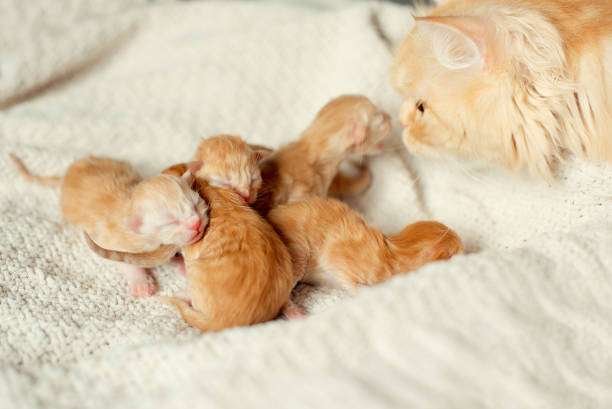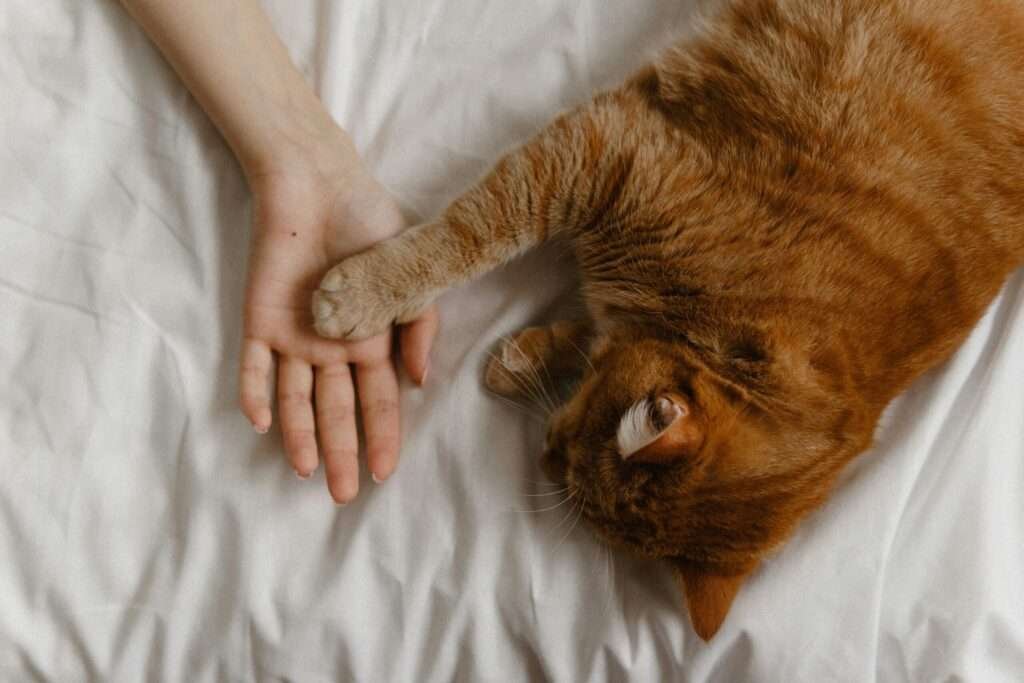Making food at home for your cat is a wonderful way to ensure they eat healthy meals. In this article, we’ll explore some simple homemade cat food recipes. We’ll also discuss whether these recipes provide all the nutrients your cat needs and what you can add to make them even better.
Table of Contents
ToggleIs Homemade Cat Food Enough for Your Cat?
Before you start making cat food at home, it’s important to know if it will meet all your cat’s nutritional needs. Cats are obligate carnivores, meaning they need a diet high in animal protein to stay healthy. While homemade food can offer this, it might lack some vital nutrients.
For example, taurine is an amino acid that cats must get from their diet. It’s found in meat, especially in organ meats like liver and hearts. Without enough taurine, cats can develop serious health problems like heart disease or vision issues. Homemade recipes might not always provide enough taurine, calcium, or other essential nutrients, so it’s something to keep in mind.
What You Can Do:
To make sure your cat gets all the nutrients they need, you can add supplements to their homemade food. You can also talk to your vet about what should be added to ensure the recipes are balanced and suitable for your cat.
Ingredients: What Goes Into Homemade Cat Food?
The ingredients you use in homemade cat food are key to your cat’s health. Here’s a look at some common ingredients and what they offer:
Protein: Turkey or Chicken are excellent sources of high-quality protein, which is crucial for your cat’s muscles and overall health. Salmon Provides not just protein, but also omega-3 fatty acids, which are good for your cat’s skin and coat.
Eggs: Eggs are a great source of protein and also contain important vitamins like A, D, and E. They’re also rich in selenium, which is an antioxidant.
Organ Meat: Chicken Liver or Hearts are packed with vitamins like A, D, and K, and also provide taurine, which is essential for your cat’s heart and vision.
Vegetables (Optional): Some recipes include small amounts of vegetables like pumpkin or carrots for added fiber and vitamins. However, keep in mind that cats don’t really need vegetables in their diet.
Fats: Sunflower Oil is a good source of omega-6 fatty acids, which help keep your cat’s skin and coat healthy. Krill Oil is Rich in omega-3 fatty acids, this oil supports your cat’s heart and kidney health.
Calcium: Ground eggshells provide calcium, which is important for strong bones and teeth.
Fiber: Ground Flaxseed adds fiber to the diet, which helps with digestion and keeps your cat’s bowel movements regular.
Nutrients: Why Each Ingredient Matters
To keep your cat healthy, it’s important to understand the key nutrients they need and why they matter:
Protein:
Cats need a diet rich in protein for energy, muscle maintenance, and overall health. High-quality protein from turkey, chicken, and salmon gives them the essential amino acids they can’t produce on their own.
Taurine:
Taurine is an amino acid crucial for your cat’s heart health, vision, and reproduction. It’s found in meat, especially organ meats like liver and hearts. Without enough taurine, cats can face serious health issues.
Fats (Omega-3 and Omega-6 Fatty Acids):
Fats are a key energy source and help keep your cat’s skin and coat healthy. Omega-3 fatty acids, found in salmon and krill oil, reduce inflammation and support heart health. Omega-6 fatty acids, found in sunflower oil, help maintain healthy skin.
Calcium:
Calcium is vital for strong bones and teeth. Ground eggshells can be used to add calcium to your cat’s food, ensuring they get enough of this essential mineral.
Vitamins:
Vitamin A: Supports your cat’s vision and immune system.
Vitamin D: Helps with calcium absorption and bone health.
Vitamin E: Protects cells from damage as an antioxidant.
B Vitamins: Important for energy production and overall health.
Fiber:
While cats don’t need a lot of fiber, adding a small amount from ground flaxseed can aid digestion and help prevent constipation.
Preparing Homemade Cat Food: Step-by-Step Guide
Now that we’ve covered the ingredients and their benefits, let’s go through how to prepare a simple homemade cat food recipe.
Recipe: Turkey and Salmon Cat Food
Ingredients:
1 pound ground turkey
1 can wild-caught salmon (with bones)
1 cooked egg
2 tablespoons sunflower oil
1 teaspoon ground eggshell (for calcium)
500 mg taurine supplement (optional)
1 teaspoon ground flaxseed (optional)
Instructions:
Cook the Turkey:
Start by heating the sunflower oil in a frying pan. Add the ground turkey and cook it thoroughly until it’s fully done. Ensure the meat is fully cooked to avoid any risks from raw meat.
Add the Egg:
Cook the egg separately and then mix it into the cooked turkey. Eggs are a great source of protein and add valuable vitamins to the recipe.
Mix in the Salmon:
Open the can of salmon and add it to the turkey and egg mixture. Salmon, including its bones, provides omega-3 fatty acids and calcium. The bones in canned salmon are usually soft enough for your cat to safely eat.
Prepare the Eggshell Powder:
If you haven’t already, grind a clean, dried eggshell into a fine powder. This will serve as your calcium supplement. Add the ground eggshell to the mixture.
Add Taurine:
If you are using a taurine supplement, open the capsule and sprinkle the powder into the mixture. This way, your cat will get enough of these essential nutrients.
Optional: Add ground flaxseed:
For added fiber, add flaxseed to the mix. This will aid digestion and help your cat maintain regular bowel movements.
Serve chilled:
Allow the food to cool completely before serving it to your cat. Any leftovers can be stored in the refrigerator for up to three days.
How to Improve Your Cat’s Diet
Although this recipe is a solid foundation, here are some tips to make sure your cat’s diet is as healthy as possible:
Use supplements:
Including a multivitamin designed for cats can help address any nutritional deficiencies and ensure your cat is getting all the essential vitamins and minerals.
Consult your veterinarian:
Always consult your veterinarian before making significant dietary changes for your cat. They can help ensure the recipe is balanced and tailored to your cat’s specific needs.
Keep an eye on your cat:
Monitor your cat’s weight, energy levels and overall health. If you notice any changes, it may indicate that their diet needs adjustment.
Rotate protein sources:
To keep your cat engaged with their food and provide a variety of nutrients, consider alternative protein sources. You can switch between turkey, chicken and even beef.
Conclusion
Making homemade cat food is an excellent way to ensure that your cat enjoys a healthy, nutritious diet. Although these homemade recipes can be very beneficial, it is very important to ensure that they get all the necessary nutrients. By following the tips and recipes described in this article, you can offer your cat delicious, balanced meals. Be sure to consult your veterinarian to keep your cat happy, healthy, and thriving.



